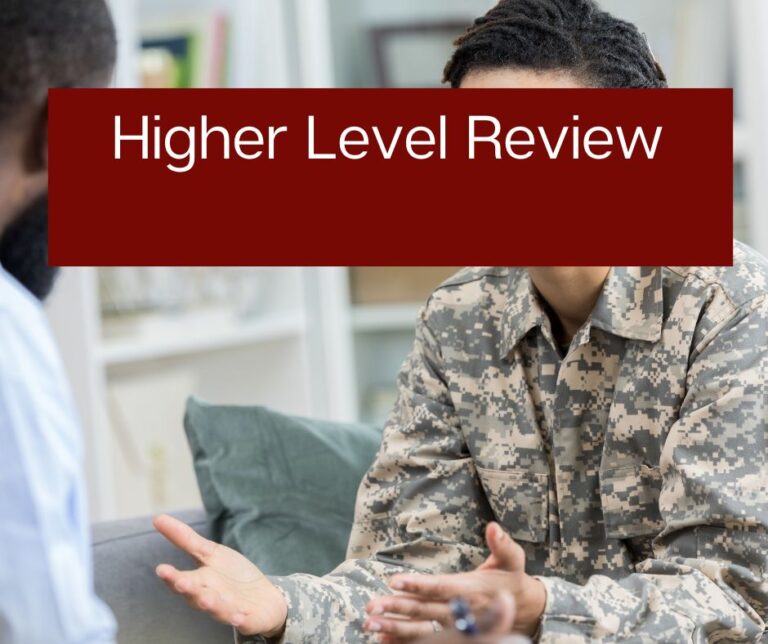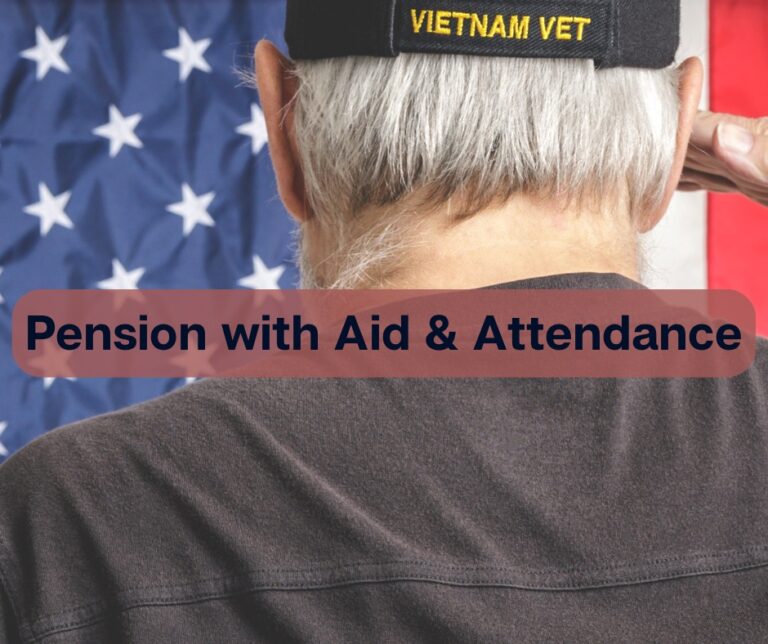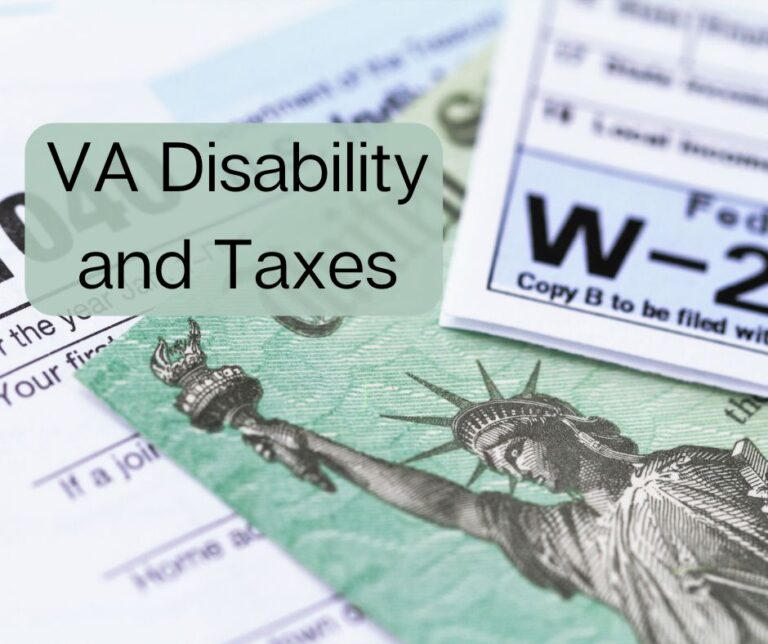10 Resources for Veterans Transitioning to Civilian Live
Transitioning from the military to civilian life can be both exciting and challenging for veterans. It often involves navigating a new environment, pursuing career opportunities, and accessing resources that can support a smooth transition. In this blog post, we will explore the top 10 resources available to veterans to help them successfully transition to civilian life. From career guidance to educational support and mental health services, these resources are designed to provide assistance and guidance during this significant life change.
Department of Veterans Affairs (VA):
The Department of Veterans Affairs is a crucial resource for veterans transitioning to civilian life. The VA offers a range of services, including healthcare, education benefits, home loans, and vocational rehabilitation. Veterans can access comprehensive information and support through the VA’s website or by contacting their local VA office.
Transition Assistance Program (TAP):

TAP is a program offered by the Department of Defense (DoD) that provides transitioning service members with the necessary tools and resources for a successful transition to civilian life. TAP includes workshops, counseling, and access to employment resources. This program equips veterans with skills such as resume writing, job searching, and interview preparation.
Veterans Service Organizations (VSOs):
VSOs are nonprofit organizations dedicated to advocating for veterans’ rights and providing support in various areas of life. Organizations like the American Legion, Veterans of Foreign Wars (VFW), and Disabled American Veterans (DAV) offer a wide range of services, including assistance with benefits claims, financial support, and community engagement opportunities.
Military Skills Translator Tools:
When transitioning to civilian employment, understanding how your military skills and experience translate into civilian terms is crucial. Websites such as Military.com and the Department of Labor’s Veterans’ Employment and Training Service (VETS) offer skills translator tools that help veterans identify relevant job opportunities and bridge the gap between military and civilian job requirements.
Veterans’ Employment and Training Services (VETS):
VETS, a program under the Department of Labor, offers various employment services for veterans. These services include job placement assistance, career counseling, apprenticeship opportunities, and connections to employers who value veterans’ skills and experience.
Higher Education Assistance:
Many veterans choose to pursue higher education as part of their transition to civilian life. The GI Bill, administered by the VA, provides financial support for education and training programs. Additionally, colleges and universities often have dedicated veterans’ resource centers that offer guidance, academic support, and networking opportunities.
Small Business Administration (SBA):

For veterans interested in entrepreneurship, the SBA provides resources specifically tailored to veterans. The Office of Veterans Business Development offers training programs, mentorship opportunities, and access to loans and grants, assisting veterans in starting and growing their businesses.
Mental Health Support:
Transitioning from military to civilian life can be emotionally challenging. Recognizing the importance of mental health, organizations like Give an Hour and the Wounded Warrior Project offer mental health services specifically designed for veterans. These organizations provide counseling, therapy, and support groups to help veterans navigate the emotional aspects of transition.
Veterans Crisis Line:
The Veterans Crisis Line is a 24/7 confidential hotline that provides immediate assistance to veterans in crisis. Trained professionals are available to provide support, offer resources, and ensure veterans receive the help they need. The Veterans Crisis Line can be reached by phone, text, or online chat.
Local Community Resources:
Finally, veterans can tap into local community resources that offer support and camaraderie. Community organizations, veteran service commissions, and local chapters of national veteran organizations often provide a network of fellow veterans who understand the unique challenges of transitioning to civilian life.
Transitioning to civilian life is a significant milestone for veterans, and having access to the right resources can make all the difference in ensuring a successful transition. In this blog post, we have explored the top 10 resources available to veterans during this crucial phase. From the comprehensive support provided by the Department of Veterans Affairs to the tailored programs offered by Veterans Service Organizations, these resources offer guidance, assistance, and a sense of community for veterans transitioning to civilian life.
Whether it’s finding employment opportunities, pursuing higher education, addressing mental health concerns, or starting a business, these resources cater to the diverse needs of veterans. It’s essential for veterans to be proactive in seeking out and utilizing these resources to make the most of their transition and set themselves up for a fulfilling civilian life.
Additionally, it’s important for veterans to remember that they are not alone in this journey. The camaraderie and support offered by fellow veterans and local community resources can provide a sense of belonging and understanding during this significant life change.
As a veteran, take advantage of the resources available to you. Reach out to the Department of Veterans Affairs, engage with Veterans Service Organizations, utilize military skills translator tools, seek mental health support when needed, and explore local community resources. Remember that this transition is a process, and it’s okay to ask for help along the way.
Finally, thank you for your service. Your dedication and sacrifice are deeply appreciated. As you embark on this new chapter in your life, may these resources serve as valuable tools to support your successful transition to civilian life. Embrace the opportunities that lie ahead, and may your post-military journey be filled with fulfillment, growth, and continued success.
Welcome to civilian life!







